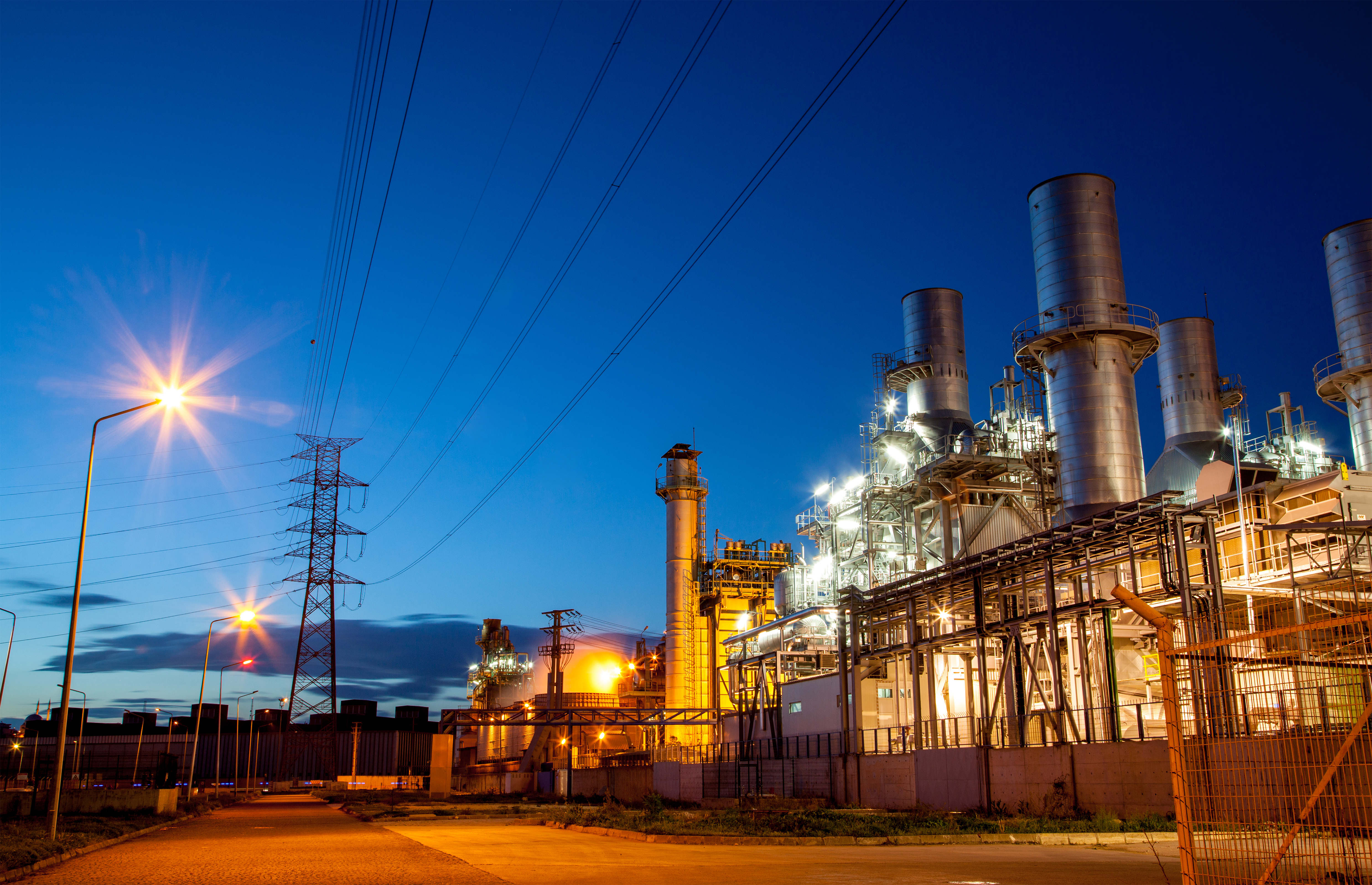
General Electric's best-performing Q3 divisions were power and renewable energy. Image source: Getty Images.
General Electric (GE +2.85%) reported third quarter earnings and revenue pretty much right in line with analysts' estimates. That said, the broad assessment is that Q3 was a good quarter but not an exceptional one. Earnings, revenue, orders (once GE's Alstom acquisition is factored in), and order backlog all increased over the prior year. Shares opened about 2% lower on the news, but climbed throughout the day regaining the loss.
The raw numbers
| Metric | Q3 2016 Analysts' Consensus | Q3 2016 Actuals | Q3 2015 Actuals | Actual variance from prior year |
| Earnings Per Share | $0.32 | $0.32 | $0.29 |
10.3% |
| Revenue | $29.6 billion | $29.3 billion | $28 billion | 4.6% |
| Orders | N/A | $26.9 billion | $23.2 billion | 16% |
Data sources: General Electric and Thomson Reuters. Chart by author.
What really happened this quarter
Growth was steady but not stellar. As has been the case in past quarters, overall orders (including those from its Alstom Energy acquisition) were up, but organic orders were down. This should not be taken lightly. GE's customers obviously remain loyal, but its ability to gain new ones appears to be soft. Total backlog increased by 18%, mostly in services, so the slowdown in organic orders shouldn't cause investors too much concern.
Oil and gas continues to be the thorn in the company's side, thanks to stubbornly low energy prices. Oil and gas revenue was down 25% from Q3 2015. This wasn't a case of just one bad quarter, either. Over the first nine months of the year, oil and gas revenue is down 21%. Transportation also had a rough quarter, with revenues down 22% from Q3 2015.
Luckily, weakness in oil, gas and transportation was more than offset by huge revenue gains in the power division (up 37% YOY) and renewable energy (up 66%). The highlight of the quarter for the renewable energy division was the booking of a $636 million Merkur Offshore Wind project consisting of 66 GE Haliade 150 – 6MW turbines. Also of note, the power division did received a $1.9 billion contract from EDF Energy for a nuclear power project in the U.K.
On the GE Capital end, the company made even more progress toward its goal of divesting $200 billion in GE Capital assets by the end of 2018. To date, the company has signed deals for $193 billion of those assets, meaning it will almost certainly wrap up those sales well ahead of schedule.
What management had to say
CEO Jeff Immelt summed things up on the earnings call with his very first statement:
"GE had a good quarter in a slow growth environment."
Interestingly, this was practically identical to his very first statement on the Q2 earnings call:
"GE had a good quarter in a slow growth and volatile environment."
And his first statement on the Q1 earnings call:
"GE had a good performance in a slow growth environment."
Despite the continuing "slow growth environment," Immelt is clearly pleased with where the company is right now:
"Our outlook for Oil & Gas has worsened and foreign exchange has hurt most global companies and GE is no exception. At the same time the rest of GE is performing well and we see that continuing in the future. And we should be even better than our original plan for buyback and Alstom continues to perform at or above plan."
Looking ahead
CFO Jeffrey Bornstein offered a frank assessment of the state of the oil and gas business:
"The industry remains very challenging. Some market indicators show a modest sequential improvement in the third quarter [but] both rig and well counts remain down about 50% from where they were last year. External forecast for upstream spending for 2016 have been revised to be less negative and with 2017 slightly more positive. Flow markets on our industrial applications remain stable but Oil & Gas flow and OpEx markets continue to be weak."
In other words, although there have been some initial signs of potential improvement, don't expect a major turnaround anytime soon. That said, the rest of the company seems to be executing well and management reiterated its April 2015 goal of $2.00 in EPS by 2018, much to the "relief" of at least one of the analysts on the conference call, Scott Davis of Barclay's.
This quarter's results bolster the thesis that the company is successfully executing on its plan to pivot from its "GE Capital-focused" past to its "digital/advanced industrial" future. Moreover, GE has been able to grow revenue, earnings, and its backlog even in a challenging energy market. This should give investors confidence that Immelt and his team will get the job done.